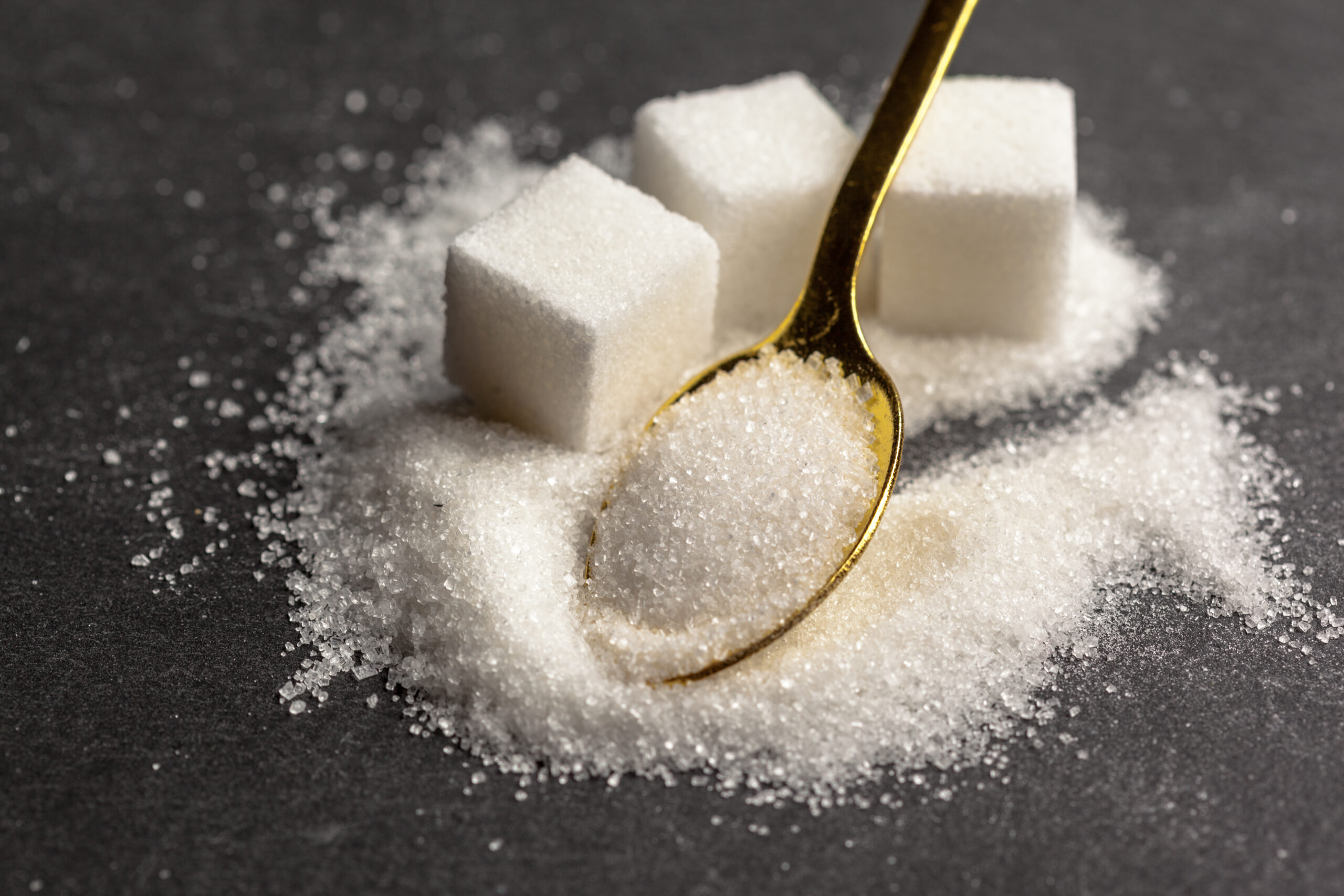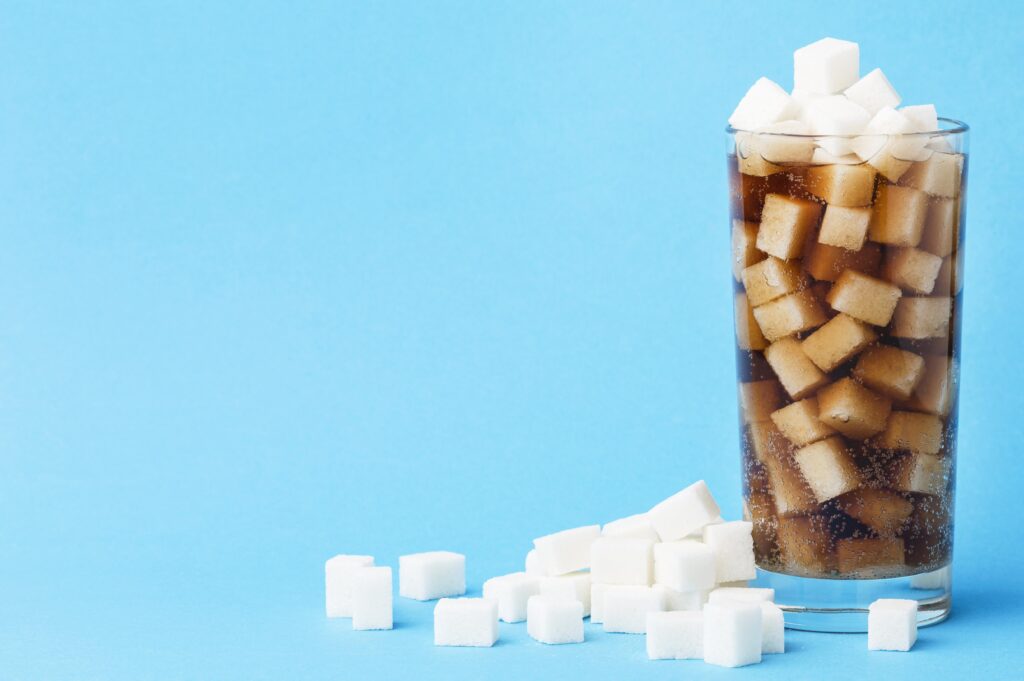- LIFE
55 Welsh Names


Sugar is one of the most widely used ingredients in everyday cooking and food production. Despite its simple appearance, understanding what sugar contains and how it affects the body is important for anyone trying to make healthier choices. This guide breaks down the essential sugar nutrition facts, including calories, carbohydrates, health effects, benefits, risks and practical ways to manage sugar in your diet.
Sugar usually refers to granulated white sugar, a refined product made from sugar cane or sugar beets. It is almost entirely sucrose and is classified as an added sugar when used to sweeten foods and beverages. Unlike naturally occurring sugars in fruit or dairy, granulated sugar offers sweetness and quick energy but does not provide any significant vitamins, minerals or fiber.

A standard teaspoon of granulated sugar, which is about 4 grams, contains approximately 15 calories. It includes 4 grams of carbohydrates, all coming from sugar. It has zero fat, zero protein, zero fiber and virtually no micronutrients. Sugar is often described as providing empty calories because it delivers energy without adding useful nutrients to the diet.
One teaspoon (about 4 grams) of white sugar contains around 16 calories, all coming from carbohydrates. A tablespoon provides about 49 calories, while 100 grams contains roughly 385 to 387 calories. Sugar is calorie-dense despite its small volume.
Sugar is almost 100 percent carbohydrates, specifically simple sugars (sucrose). A teaspoon has about 4 grams of carbs, and a tablespoon has around 12 to 13 grams. These carbs digest very quickly and can raise blood sugar levels rapidly.
Granulated sugar contains zero fat. It does not provide saturated fat, trans fat, or any beneficial fatty acids.
Sugar has no protein, so it does not help with muscle building, repair, or satiety.
There is no dietary fiber in white sugar. Because fiber is absent, sugar is absorbed rapidly and does not slow digestion the way fiber-rich foods do.
Sugar is considered an empty-calorie food because it contains no significant vitamins or minerals. It contributes energy but not nutrition.
Since sugar lacks fiber, fat, and protein, it is digested and absorbed rapidly. This quick absorption can lead to spikes in blood glucose levels, especially when consumed in large amounts or without other nutrients.
Health experts generally recommend keeping added sugar intake to 24–36 grams per day for adults (about 6–9 teaspoons). Staying within this limit helps reduce risks related to weight gain, dental problems, and blood sugar imbalance.
Sugar is a simple carbohydrate that is absorbed quickly by the body. This rapid absorption leads to a fast rise in blood glucose levels. Although table sugar has a moderate to high glycemic index, its overall impact on blood sugar depends on portion size. A single teaspoon has a low glycemic load, meaning it does not cause a dramatic spike in blood glucose.
Because sugar digests quickly, it can provide fast energy for the brain, muscles and organs. This can be helpful during physical activity or moments when blood sugar is low. However, the energy boost is short lived and may be followed by a drop in energy.
Sugar offers an instant source of glucose, which can be beneficial for athletes or individuals who need rapid energy. It is also useful for preventing or correcting low blood sugar levels.
Sugar plays several important roles in recipes. It enhances flavor, improves texture and retains moisture in baked goods. It contributes to browning and caramelization and helps preserve foods like jams and jellies. These qualities make sugar a valuable ingredient in both home kitchens and food manufacturing.
Eating too much added sugar can contribute to weight gain, increased body fat and a higher risk of metabolic issues such as insulin resistance and type 2 diabetes. High sugar intake is also linked to elevated triglycerides and inflammation, which are associated with heart disease. Sugar is a major factor in tooth decay, especially when consumed frequently or in sticky forms that stay on the teeth longer.
Many packaged foods contain hidden sugar, even items that do not taste sweet, such as sauces, dressings, cereals and bread. This can increase total daily sugar intake without people realizing it.

The most common form used in households for everyday sweetening and baking.
Also known as confectioners sugar, this type is finely ground and blended with a small amount of starch to prevent clumping. It is often used for frosting and dusting desserts.
A combination of white sugar and molasses, giving it a richer flavor and a slightly higher moisture content. It is commonly used in cookies, sauces and baked goods.
Lightly processed sugars with larger crystals and a subtle molasses flavor. These varieties are often used as topping sugars or for their distinct texture.
Sugar should be stored in an airtight container and kept in a cool, dry place. Proper storage helps prevent moisture exposure, clumping and contamination. Although sugar does not spoil easily, it maintains its best quality when used within two years of opening.
Small changes can make a big difference in managing sugar consumption. Try reducing the amount of sugar added to tea, coffee or cereal and gradually adjust to a less sweet taste. Choose natural sweetness by adding fruits to oatmeal, yogurt or smoothies instead of extra sugar. Pay attention to food labels and look for terms like added sugars, syrup or fructose to identify hidden sources. Drink water or naturally flavored water instead of sugary sodas and juices
Understanding sugar nutrition facts helps you make more informed decisions about your health. Sugar provides quick energy and serves important functions in cooking, but excessive consumption increases the risk of several health problems. By being mindful of portion sizes and recognizing hidden sugars in processed foods, you can enjoy sweetness in moderation while maintaining a balanced and nutritious lifestyle.